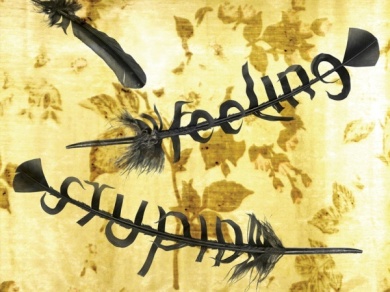 I’m intrigued by a post by Ayusman Sen — a professor in chemistry at Penn State and a specialist in catalytically driven nanomotors (cool stuff!) — who writes that he spends most of his time in the lab “feeling fairly stupid”.
I’m intrigued by a post by Ayusman Sen — a professor in chemistry at Penn State and a specialist in catalytically driven nanomotors (cool stuff!) — who writes that he spends most of his time in the lab “feeling fairly stupid”.
He says he continually feels that
either I am not asking the big questions or I am not designing the right experiments to answer them. And, to add to my predicament, I deliberately keep getting into fields that I know very little about! Small wonder that I feel frustrated so much of the time!!
I know the feeling! Always moving into something new with the feeling that the ground is always shaky.
Sen was in turn stimulated to think in terms of his perpetual stupidity by an article by cell biologist Martin Schwartz about the existential importance of stupidity in science. What makes research difficult, Schwartz reminds us, is that it is “immersion in the unknown”, which means that it:
involves confronting our `absolute stupidity’. That kind of stupidity is an existential fact, inherent in our efforts to push our way into the unknown.
The more comfortable researchers become with being stupid, he suggests, the further they will move into the unknown and the more likely they are to do something new and interesting.
Not the ordinary unvoluntary stupidness, though. It is important to be “productively stupid”, i.e., “being ignorant by choice”:
Focusing on important questions puts us in the awkward position of being ignorant. One of the beautiful things about science is that it allows us to bumble along, getting it wrong time after time, and feel perfectly fine as long as we learn something each time
I believe Schwartz and Sen are making an important point about one of the existential conditions for creative research work — a point which would probably be quite easy to put to test.
But — can you make exhibitions about feeling stuped?


